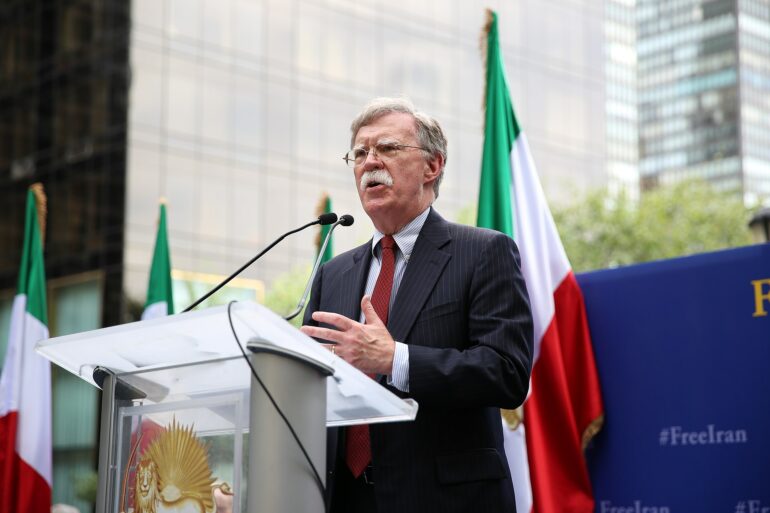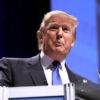Federal investigators reportedly retrieved documents marked classified, including references to weapons of mass destruction, during a raid last month on the Washington office of John R. Bolton, the former U.S. ambassador to the United Nations and one of President Donald J. Trump’s most vocal Republican critics.
According to newly unsealed court filings, the FBI’s August 22 search produced a cache of sensitive material, some of it stamped secret or confidential.
Among the papers was at least one document explicitly referencing weapons of mass destruction. Agents also seized four computers and a flash drive.
Mr. Bolton, who once served as Mr. Trump’s national security adviser before turning against the president, has long cultivated the image of a foreign policy hawk.
But the discovery of classified documents in his private office has raised questions about his own handling of the materials he so often accused others of mismanaging.
The filing notes “travel memo documents with pages labeled secret and a number of other documents labeled ‘classified.’” A set of files marked “confidential” was redacted in the official inventory. No charges have been filed.
Mr. Bolton’s attorney dismissed the matter, saying the materials were “ordinary records” spanning decades of his government service. “These are the kinds of ordinary records, many of which are 20 years old or more, that would be kept by a 40-year career official who served at the State Department, as an Assistant Attorney General, the U.S. Ambassador to the United Nations, and the National Security Advisor,” the lawyer said.
Critics note, however, that such defenses have been weaponized selectively. Mr. Bolton himself has sharply attacked other officials for far less. In his 2020 memoir, The Room Where It Happened, he derided Mr. Trump as “stunningly uninformed” and cast himself as a guardian of national security.
Yet just days before the FBI raid, Mr. Bolton warned publicly about a potential “retribution presidency” under Mr. Trump, only to find himself facing scrutiny over possible lapses in safeguarding classified records.
The search was triggered, court documents show, by an alleged hack of Mr. Bolton’s AOL email account by a foreign government — a detail that underscores both the dated nature of his communications habits and the potential national security vulnerabilities surrounding him.
For conservatives, the revelations call into question Mr. Bolton’s credibility. A fixture of Republican foreign policy circles for decades, he has increasingly been embraced by the political and media establishment as a useful Trump critic.
But the presence of sensitive documents in his office, including those tied to weapons of mass destruction, suggests that Mr. Bolton has not held himself to the same standards he demands of others.
The raid underscores a larger irony: the same former national security adviser who fashioned himself as a steward of state secrets is now entangled in questions about whether he protected them at all.
[READ MORE: Harris Claims Insider at Fox News Leaked Election Data to Her Team]



